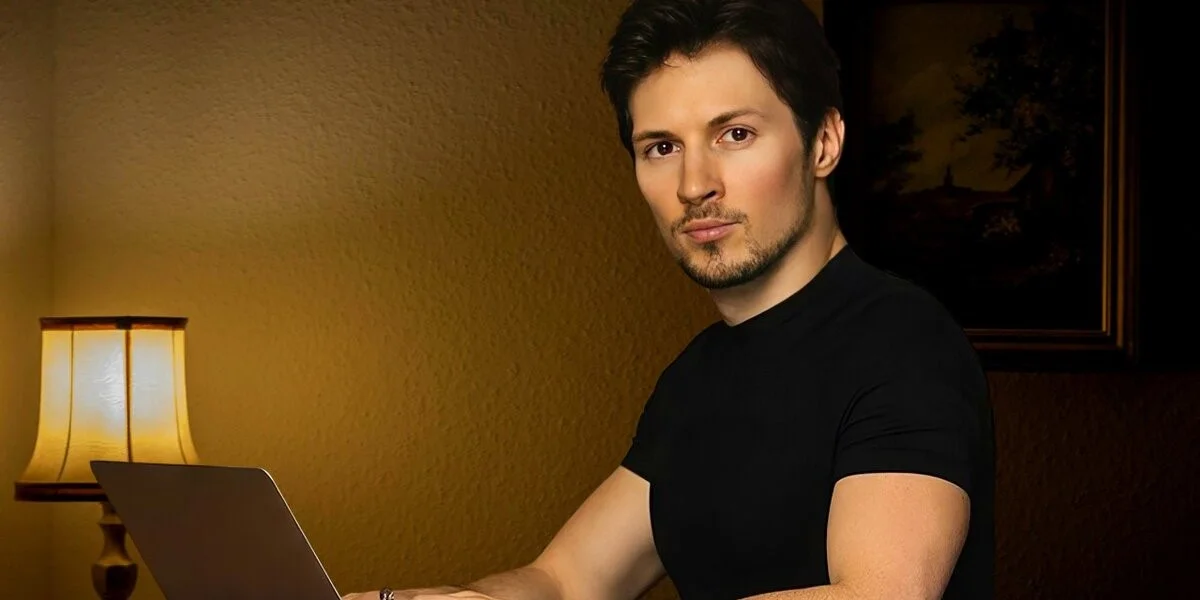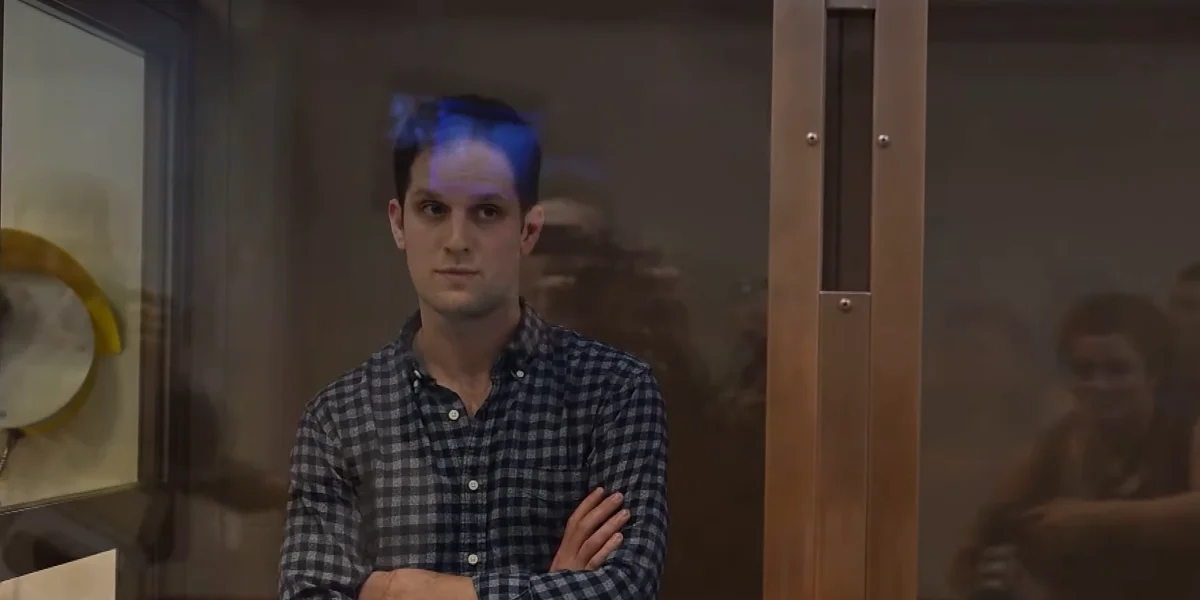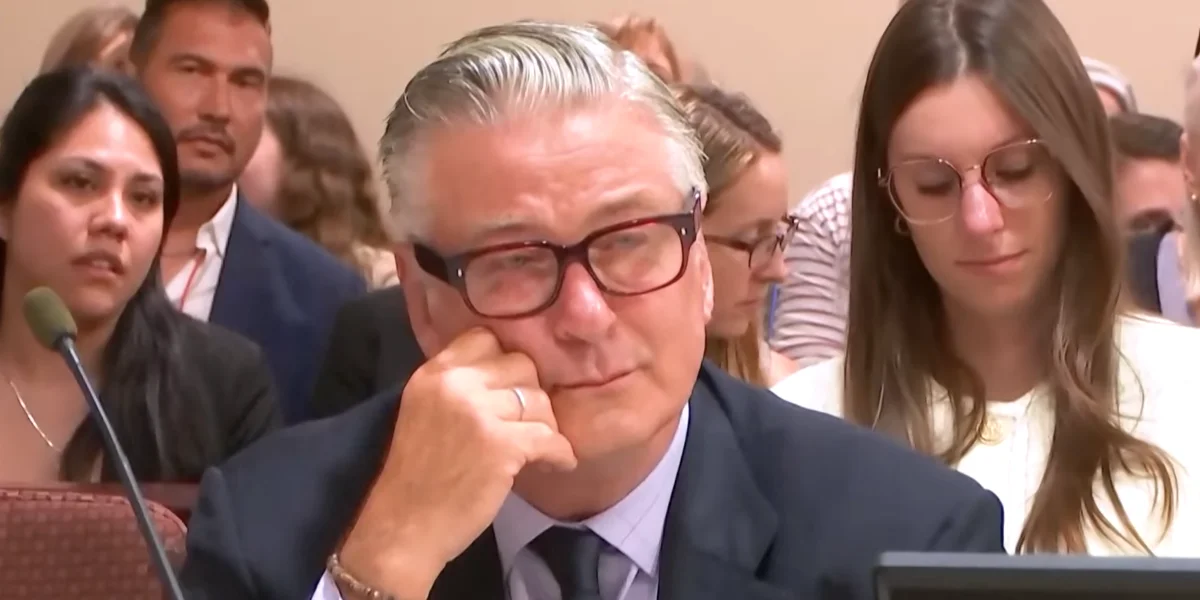The arrest of Telegram's founder is part of a broad investigation, according to French prosecutors

French authorities have arrested Telegram founder Pavel Durov as part of a broader investigation related to allegations of "complicity" in illegal transactions and the possession and distribution of child pornography, the Paris prosecutor's office announced on Monday.
Prosecutors in France stated that Durov, the entrepreneur behind the Telegram messaging platform, was detained in connection with an investigation launched last month into criminal activities on the app and his alleged lack of cooperation with law enforcement.
The 39-year-old Durov was apprehended on Saturday at Le Bourget Airport near Paris after arriving on a private jet from Azerbaijan. He has not been formally charged and remains in custody, which could be extended until Wednesday, according to prosecutors.
Paris prosecutor Laure Beccuau explained in a statement that the arrest is part of an investigation initiated on July 8 "against persons unknown" for potential charges, including complicity in distributing child pornography, drug trafficking, money laundering, and refusal to cooperate with authorities.
The investigation is being handled by cybercrime and anti-fraud specialists, Ms. Beccuau said. “It is within this procedural framework that Pavel Durov was questioned by the investigators,” she said.
The investigation also addresses other common criticisms of Telegram's lack of moderation, including complicity in organized fraud, involvement in narcotics trading, and "providing cryptography services to ensure confidentiality without a certified declaration," according to the prosecutor's office.
Telegram did not respond to requests for comment but issued a statement on X, asserting that it complies with European Union laws. The company stated that Durov has "nothing to hide" and called it "absurd to claim that a platform or its owner is responsible for the misuse of that platform."
Telegram has long attracted the attention of law enforcement agencies, as terrorist groups, drug traffickers, arms dealers, and far-right extremists have used it for communication, recruitment, and organization. National governments, particularly in the European Union, have increased pressure on technology companies to address disinformation, online extremism, child safety, and the spread of illegal content.
Durov, who became wealthy after founding the Russian equivalent of Facebook, VK, at age 21, has consistently asserted that he sold the company and fled Russia due to pressure from the Kremlin to release user information. He later founded Telegram in the United Arab Emirates as a platform for free speech, designed to resist government censorship and interference.
Although Durov claims that Telegram routinely removes violent content, it remains one of the least moderated apps on the internet and is popular among extremists, terrorists, and scammers.
Durov's arrest has ignited a debate about free speech on the internet. On Monday, French President Emmanuel Macron dismissed accusations from Telegram supporters that the arrest was an example of government censorship.
“The arrest of the president of Telegram on French soil took place as part of an ongoing judicial investigation,” Mr. Macron said in a statement posted on X. “It is in no way a political decision. It is up to the judges to rule on the matter.”
“France is deeply committed to freedom of expression and communication, to innovation, and to the spirit of entrepreneurship,” Mr. Macron wrote. “It will remain so.”
Durov, whose net worth Bloomberg estimates to be over $9 billion, left Russia in 2014 after losing control of VKontakte. Telegram, which he founded the year before, is now based in Dubai, United Arab Emirates. Durov holds citizenship in both France and the UAE, according to Telegram.



